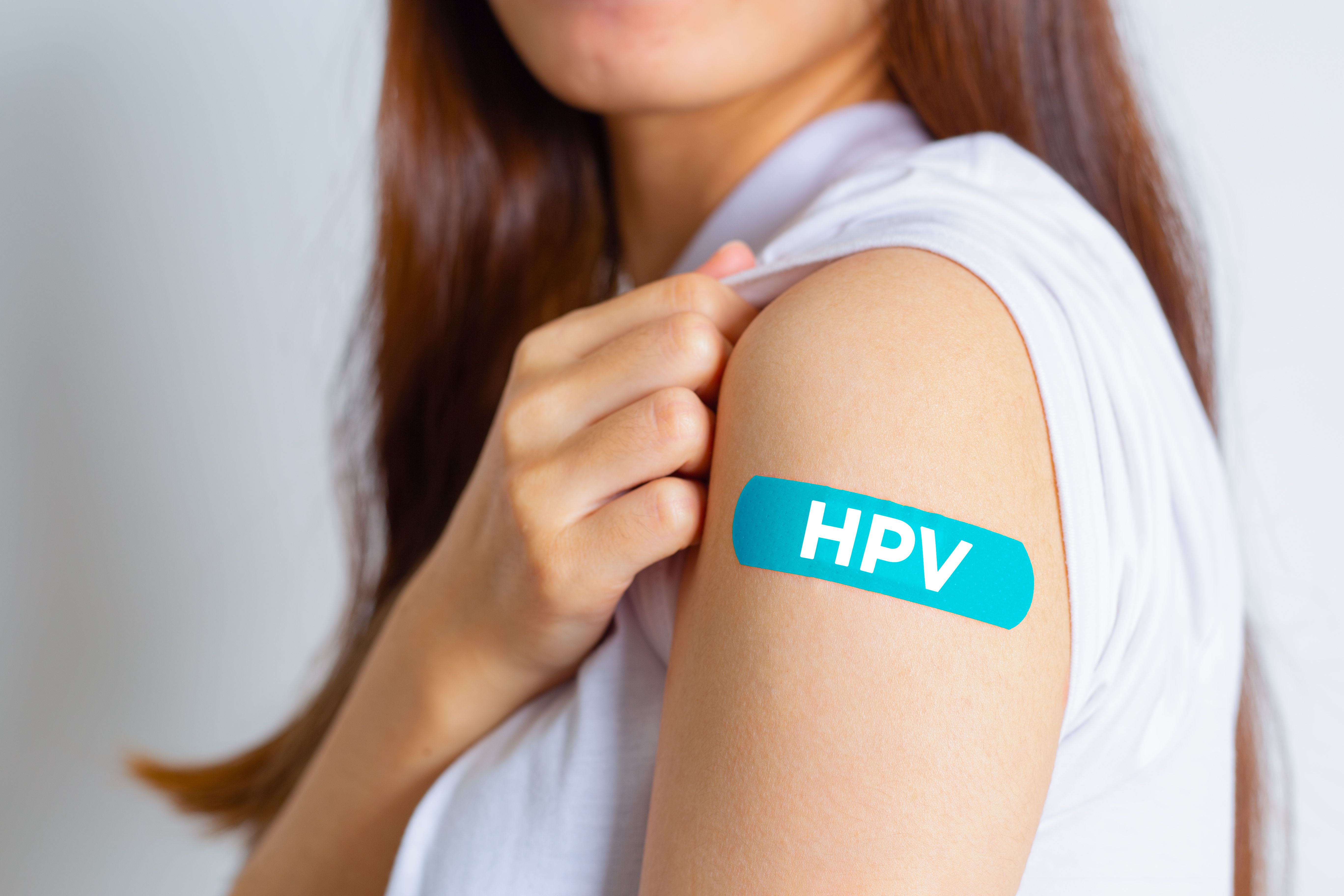
Cervical Health
Latest News
Latest Videos
CME Content
More News
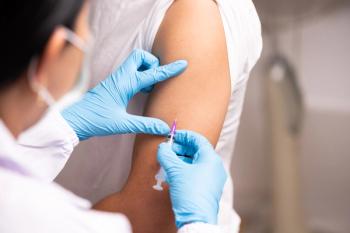
HPV vaccination coverage in Japan remains critically low despite the resumption of proactive recommendations by the Ministry of Health, Labour, and Welfare, highlighting the need for stronger cervical cancer control measures.

Review some of the top stories from the Contemporary OB/GYN website over the last week, and catch up on anything you may have missed.

A recent study reveals that fertility-sparing surgery offers similar survival outcomes to standard surgery for cervical cancer patients with tumors of 4 cm or smaller, potentially expanding treatment options for younger women.

A recent study found that women with human papillomavirus -16 undergoing surveillance for cervical intraepithelial neoplasia grade 2 are at the highest risk of progression to more severe cervical lesions.

Review some of the top stories from the Contemporary OB/GYN website over the last week, and catch up on anything you may have missed.

The ACCESS Consensus Group's new guidelines aim to enhance cervical cancer screening and reduce mortality rates in high-income countries, emphasizing the urgent need for increased participation and innovative approaches such as self-sampling.

Roche's innovative human papillomavirus self-collection solution offers a breakthrough in cervical cancer screening, providing accessible and reliable testing to combat underscreening rates and increase early detection.

A study highlights how having a primary care physician significantly increases the likelihood of cervical cancer screening among lesbian, gay, and bisexual cisgender women, addressing disparities exacerbated by systemic discrimination and healthcare access challenges.

Review some of the top stories from the Contemporary OB/GYN website over the last week, and catch up on anything you may have missed.

A recent study found that human papillomavirus vaccination when aged under 20 years, coupled with active surveillance for cervical intraepithelial neoplasia grade 2, significantly lowers the risk of cervical intraepithelial neoplasia grade 3 or cervical cancer.

Review some of the top stories from the Contemporary OB/GYN website over the last week, and catch up on anything you may have missed.
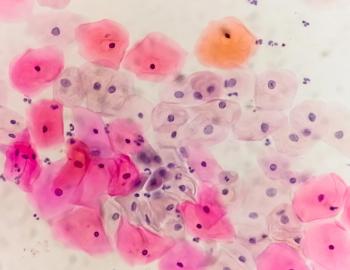
A recent study evaluated the safety and effectiveness of the Onclarity HPV assay in detecting high-grade cervical disease, presenting findings on its comparability to predicate assays and potential for cost-saving benefits in screening practices.

Explore how the latest research underscores the efficacy of the 2017 Querleu-Morrow classification in defining radical hysterectomy extent, shedding light on surgical terminologies for cervical cancer management.
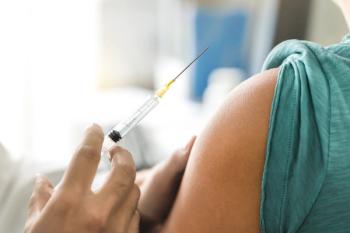
A recent study found that the Gardasil quadrivalent HPV vaccine effectively shields HIV-positive adolescents from high-risk HPV types 16, 18, 6, and 11, shedding light on the potential for HPV vaccination to mitigate cancer risks in this vulnerable population.

Hologic's Genius Digital Diagnostics System, the first FDA-cleared digital cytology system using AI and advanced imaging, promises improved sensitivity in detecting pre-cancerous lesions and cervical cancer cells.

Review some of the top stories from the Contemporary OB/GYN website over the last week, and catch up on anything you may have missed.
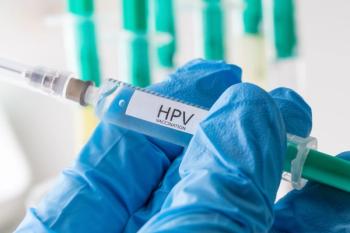
A recent study revealed a 2-dose regimen of human papillomavirus vaccination in postpartum individuals is as effective as a 3-dose approach, providing valuable insights into optimizing vaccination strategies against the virus.

Review some of the top stories from the Contemporary OB/GYN website over the last week, and catch up on anything you may have missed.

A comprehensive review highlighted challenges and research gaps in human papillomavirus vaccination, emphasizing the importance of targeted interventions and effective delivery strategies.

A recent study found that watching health-related videos on social media significantly increases awareness about human papillomavirus (HPV) and the HPV vaccine, with data showing geographic variations and demographic influences on viewership and awareness levels.

Review some of the top stories from the Contemporary OB/GYN website over the last week, and catch up on anything you may have missed.
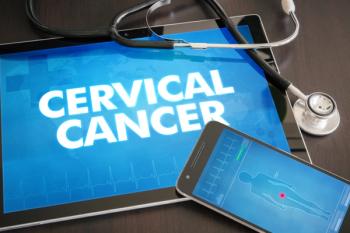
A recent study revealed a substantial rise in open abdominal hysterectomy following the Laparoscopic Approach to Cervical Cancer trial, impacting surgical approaches but not 30-day complications.

Review some of the top stories from the Contemporary OB/GYN website over the last week, and catch up on anything you may have missed.
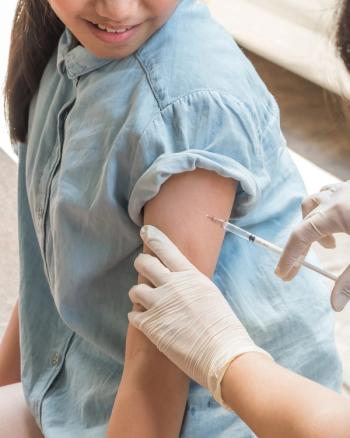
A decade-long study confirms significant protection against human papillomavirus remains in patients vaccinated up to age 20, reinforcing the World Health Organization's single-dose vaccination recommendation for adolescents.

Review some of the top stories from the Contemporary OB/GYN website over the last week, and catch up on anything you may have missed.



